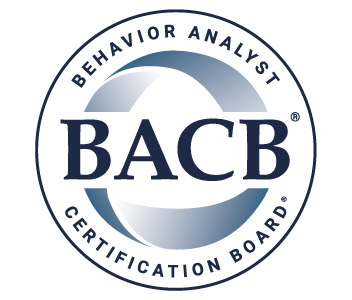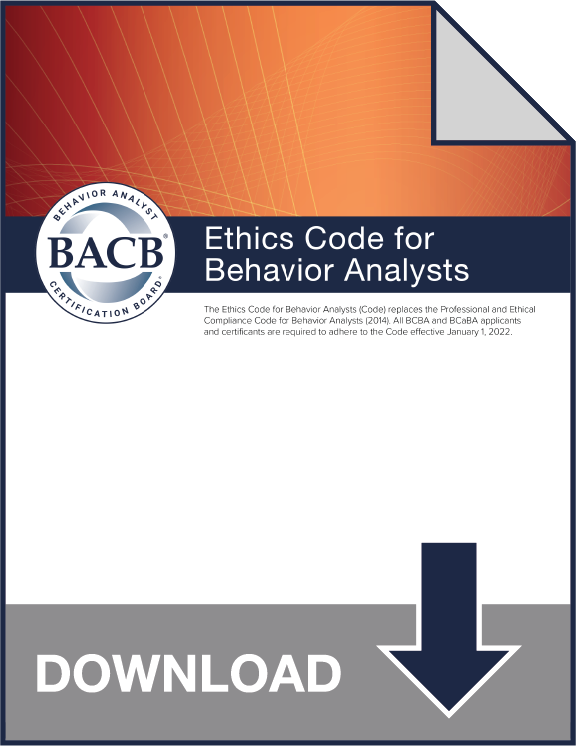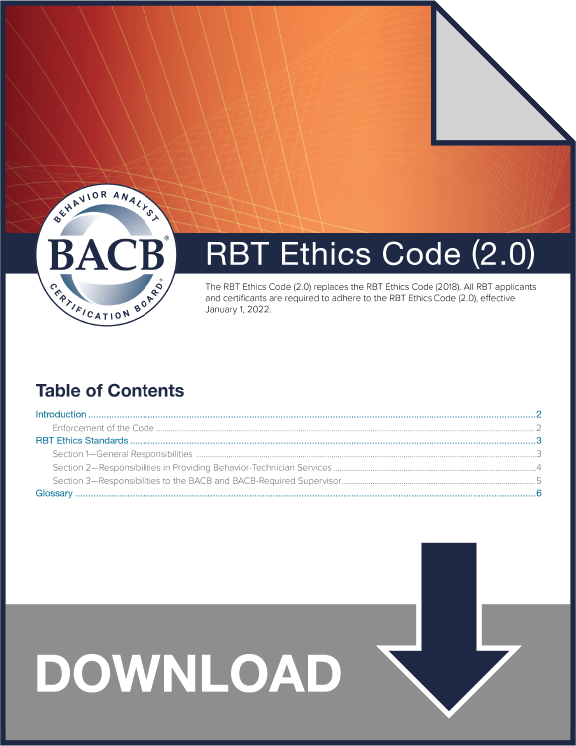On this page, employers interested in hiring applied behavior analysis (ABA) practitioners can learn more about BACB® certification and access essential resources.
About BACB Certification
Why it Matters
For over 20 years, the Behavior Analyst Certification Board® (BACB) has been the leading credentialing organization in behavior analysis. BACB certification is valuable because it:
- makes it easy for you to verify that a practitioner has the knowledge, skills, and abilities needed to deliver and/or oversee behavior-analytic services
- gives you an avenue to report alleged ethics violations
- allows you to see whether a practitioner has been subject to reportable disciplinary actions
- is required for the practice of applied behavior analysis by many funders and licensure boards
How it Works
Video: BACB: An Overview
The BACB offers 3 certifications at different experience levels: Board Certified Behavior Analyst® (BCBA®), Board Certified Assistant Behavior Analyst® (BCaBA®), and Registered Behavior Technician® (RBT®). To obtain and maintain each of these certifications, individuals must meet specialized eligibility requirements, pass an examination, adhere to ethics requirements, and more. Browse the BCBA, BCaBA, and RBT web pages for detailed breakdowns of these requirements.

Promoting Job Opportunities
If you support recruiting efforts and your organization is currently hiring BCBAs or BCaBAs, look no further than the BACB Mass Email Service. Use this service to share your organization’s job opportunities with BCBAs and BCaBAs in your area and beyond.
Verifying Certificants
See your practitioner’s certification status and whether they have reportable disciplinary actions associated with their certification.
Many, but not all, US states require that behavior analysts are licensed to practice. Find out whether this is true in your state, and if so, verify your practitioner’s licensure status.
Providing Professional Development Opportunities
| Resources for RBTs | Resources for BCBAs and BCaBAs | Resources for BCBA and BCaBA Supervisors |
|---|---|---|
| Provide informed training program recommendations by examining RBT 40-hour training pass rates. | Provide informed university program recommendations by reviewing ABAI’s accredited degree programs and examination pass rates for universities with ABAI Verified Course Sequences. | BCBAs and BCaBAs must receive 8 hours of supervision training before supervising, after which they must receive ongoing supervision continuing education. Help your employees become qualified supervisors by finding an ACE Provider who offers supervision training. |
| Pay for your employees’ BACB certification examinations by buying vouchers through Pearson VUE. | Support your employees by finding continuing education opportunities with ACE Providers. |
Reporting Certificants
All BACB applicants and certificants must adhere to one of the following ethics codes:
The Ethics Code for Behavior Analysts outlines the ethics standards to which BCaBA, BCBA, and BCBA-D certificants and applicants must adhere.
The RBT Ethics Code (2.0) outlines the ethics standards to which RBT certificants and applicants must adhere.
The BACB takes code enforcement seriously. If you think that a BACB applicant or certificant has violated one or more ethics requirements, report it to the BACB by submitting a Notice of Alleged Violation.



